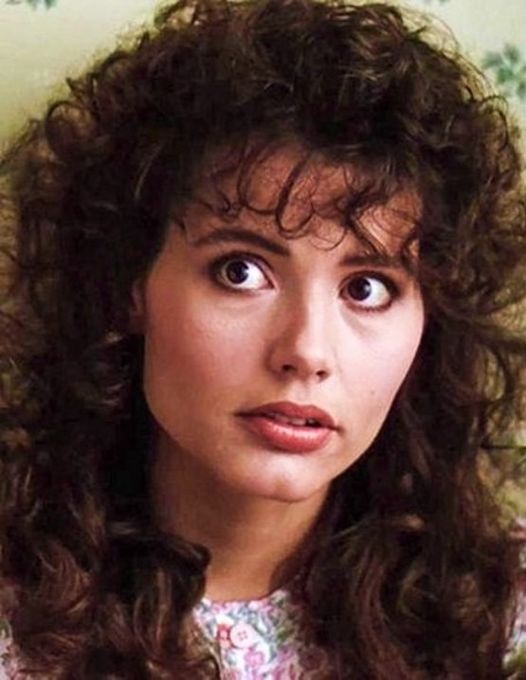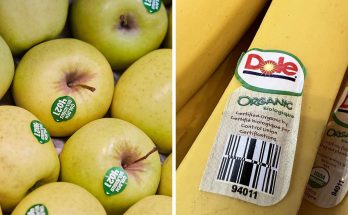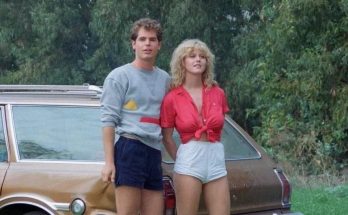Geena Davis had her big break with the comedy Tootsie in 1982, and over the next 10 years, she built a solid reputation in the business. She consented to play a supporting role in films like Tim Burton’s Beetlejuice and the 1980s version of The Fly; eventually, her acting talents would win her an Oscar.
Her performance as Muriel in The Accidental Tourist earned her the Best Supporting Actress Academy Award. She played the feisty housewife Thelma opposite Susan Sarandon’s Louise in the classic road drama Thelma and Louise in 1991. The 1992 comic sports drama A League of Their Own, which was based on the women’s professional baseball league that existed during World War II, featured her as Dottie Hinson.
The critical and commercial success of Davis’s subsequent movies, however, was generally lower, and these days, Davis is more likely to be seen on television than in a movie. Although Davis hasn’t given up on Hollywood, her priorities have. Here are Geena Davis’ most recent endeavors as well as her reasons for wanting to support the motion picture industry.

Since 2004, Geena Davis has committed her time to a different cause, yet she has continued to perform. By leading the Geena Davis Institute on Gender in Media, she strives to give women in Hollywood more significant roles.
Nobody understood how biased in favor of girls’ children’s media was when I first started this study facility, I recall saying. Before I watched it with my daughter, I was certain that it was appropriate.Davis’s justification was heard by Vogue. I decided to talk about it because I was concerned people would find out how I live in Hollywood on a daily basis.
Davis observed that there were far more male characters than female characters while she and her child were watching children’s television. However, when she brought this up in meetings, no one seemed to grasp how serious the situation was.

Davis founded the Institute and conducted the largest study on gender representations in television and movies because she believed data analysis would offer the solution. Her concerns that women weren’t sufficiently represented were confirmed by the disappointing results. She has been dedicated to finding a solution ever since.
Geen Davis has diligently worked with the Institute in an ongoing effort to get more data on gender disparities in the media. Given the considerable interest in this subject, why doesn’t Davis make a bigger effort to promote her work? She claims that covert change-making works better for her.

In an interview, Davis said, “We go meet with every studio, every guild, every network, and every production firm and share it with them discreetly.” “I rarely humiliate someone in front of others. It will be much more effective if I can sway the creators.
Additionally, Davis acknowledged in a Glamour interview that the Institute’s goals don’t always center on increasing public awareness of the problem. Davis stated, “We make data available to the public and I lead lectures and debates.

However, educating the general public is not the main goal. She thinks it is more effective to communicate with the decision-makers who have the ability to affect the entertainment industry directly rather than relying on public pressure.


